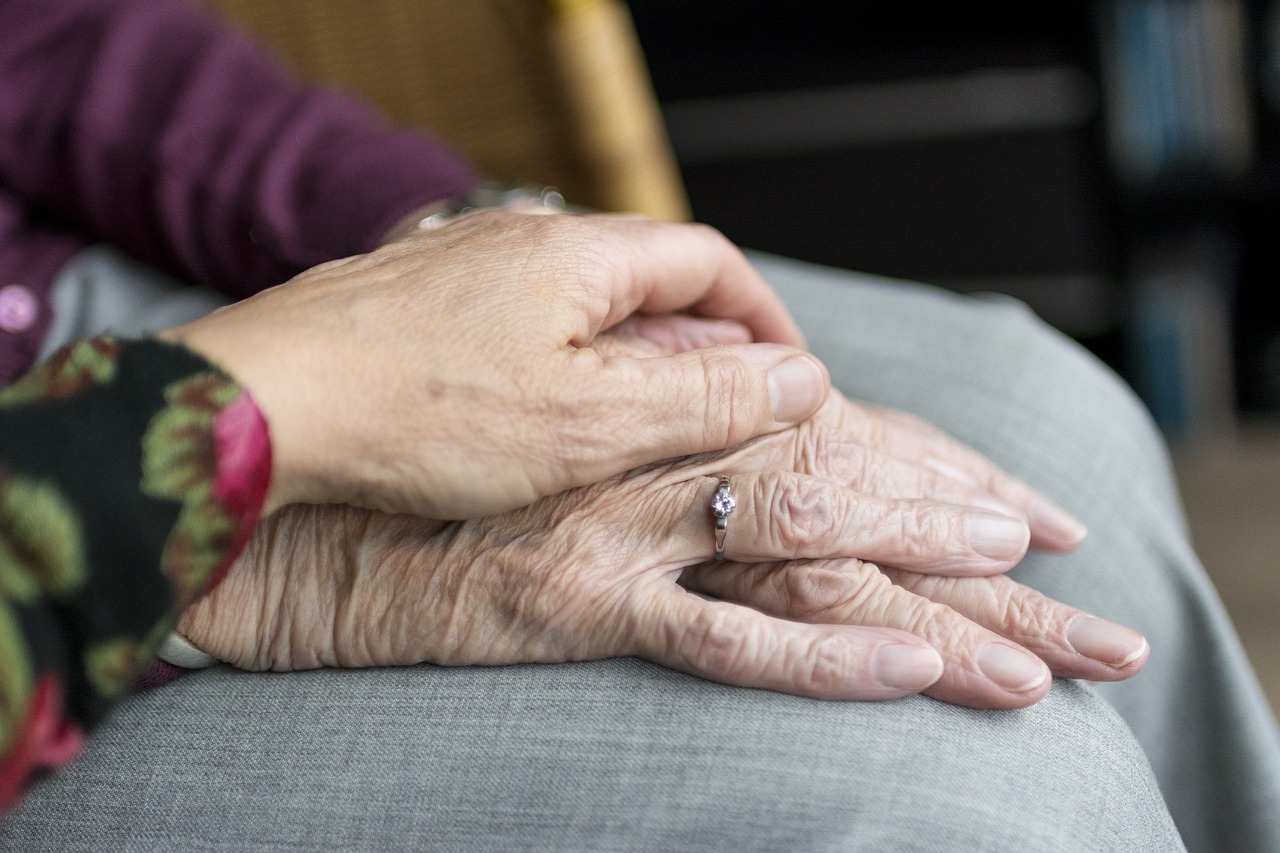
Finding Balance: Caregiver Self-Care Tips
Welcome to the world of caregiving, where the love and dedication of individuals like you serve as the backbone of our society. Caregivers, both formal and informal, play an indispensable role in the well-being of their loved ones. In fact, if all informal caregivers were replaced by paid professionals, it would place an unsustainable burden on government health programs worldwide. Your dedication and selflessness are truly remarkable. Allow me to introduce myself—Dr. Jason Holland. I have extensive experience in caregiving, both as a professional caregiver and as an informal caregiver for multiple family members. Over the years, I’ve led caregiver support groups, conducted award-winning research on caregiving, and guided numerous caregivers through their journey. Today, I offer life transition coaching to caregivers worldwide, helping them navigate challenging life transitions and providing support after changes in health status.
In this brief guide, we’ll delve into the importance of self-care for caregivers like you. Caring for a loved one can be overwhelming, and it’s easy to lose sight of your own well-being in the process. However, as we’ll explore, practicing self-care isn’t just beneficial for you—it’s essential for providing the best care possible to your loved one.
Understanding the Caregiver’s Journey
Caregiving takes many forms, from being a live-in caregiver to managing caregiving responsibilities alongside work and family life. It could mean caring for a spouse, an aging parent, or another loved one who has had a change in health status and needs support. Each caregiver’s journey is unique, but common threads tie them all together—threads of unwavering love, dedication, and compassion for those in need.
The path of a caregiver is not without its challenges and stresses. The constant, unpredictable nature of caregiving can make it feel like you can never truly “clock out.” Feelings of isolation and loneliness often creep in, coupled with the emotional toll of witnessing the gradual decline of your loved one. If you’re caring for someone with dementia, you might also grapple with challenging behaviors like repetitive questions or agitation.
The Importance of Self-Care
Now, you might wonder, “How can I possibly prioritize self-care when there’s so much to be done for my loved one?” The truth is that self-care is not a luxury; it’s a necessity. Neglecting your own well-being can lead to physical, emotional, and mental exhaustion. In fact, my research has shown that caregivers who provide long hours of care without sufficient self-care often display dysregulated patterns in the stress hormone cortisol, illustrating how caregiver stress can impact your health over time.
Your well-being matters, not just for your sake but also for the person you’re caring for. The more you invest in self-care, the better equipped you’ll be to provide care with compassion, patience, and resilience. Now, let’s explore some practical self-care tips to help you find balance in your caregiving journey.
Self-Care Tips for Caregivers
1. Pay Attention to Your Self-Talk
Your inner dialogue plays a significant role in your ability to practice self-care. Caregivers often harbor thoughts that their loved one won’t be okay without them or that seeking help is a sign of inadequacy. Challenge these thoughts and remember that taking time for yourself is not selfish—it’s essential.
2. Prioritize Self-Care
Setting boundaries and learning to say no are essential steps in prioritizing self-care. Accept your limitations, and don’t try to do it all alone. Reach out to friends, family, or professional caregivers for support when needed. Consider respite services and adult day care as valuable resources.
3. Maintain Social Connections
Isolation can be a silent and corrosive companion for caregivers. Despite your busy schedule, make an effort to maintain relationships and support networks. Join caregiver support groups, both in your local community and online, where you can connect with others who understand your journey.
4. Cultivate a Routine of Enriching Activities
It’s essential to recognize that our behavior has a significant impact on our mood. When we find ourselves spending prolonged hours on the couch or engaging in few enriching activities, our mood tends to plummet. On the flip side, incorporating even small, meaningful activities into our daily routine can substantially boost our mood.
Enriching activities encompass anything that brings about feelings of relaxation, pleasure, purpose, awe, or gratitude. The beauty of it is that these activities need not be grand; even spending just 30 seconds savoring a warm cup of coffee while gazing out the window or indulging in some coloring in an adult coloring book can work wonders.
Remember to tap into activities you used to relish before assuming your caregiving role. Additionally, consider opportunities for shared enjoyment with the person you are caring for, such as listening to music together, reminiscing over family photos, or sharing a favorite treat.
5. Seek Professional Guidance
Life transition coaching designed for caregivers offers invaluable support and tailored guidance. Partnering with a life transition coach enables you to develop personalized strategies for self-care, effectively manage caregiver guilt and burnout, and navigate the intricate challenges that caregiving presents.
Change in Health Status Support
Your journey as a caregiver is a testament to your love and dedication. Self-care is the cornerstone of your well-being, enabling you to provide the best care possible to your loved one.
If you’re seeking support and guidance on your caregiving journey, consider exploring life transition coaching for caregivers. As a seasoned life transition coach, I’m here to support you every step of the way. Reach out to me by completing the Contact Us form on the website, and together, we can work towards finding balance and well-being in your caregiving role.
Remember, you’re not alone on this journey, and there’s support available to ensure you find the balance you need and deserve after a loved one’s change in health status.


